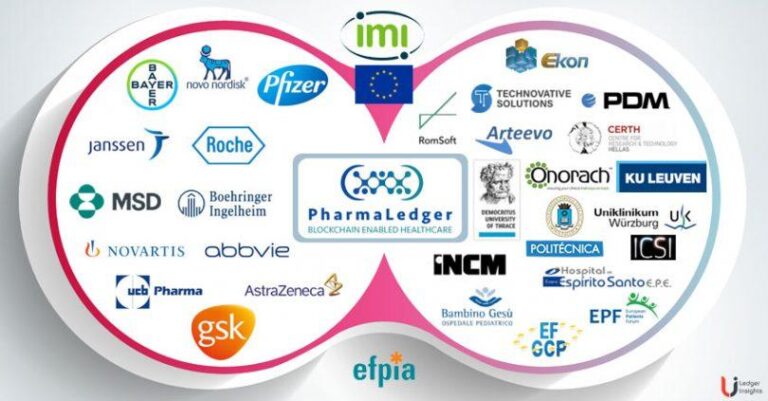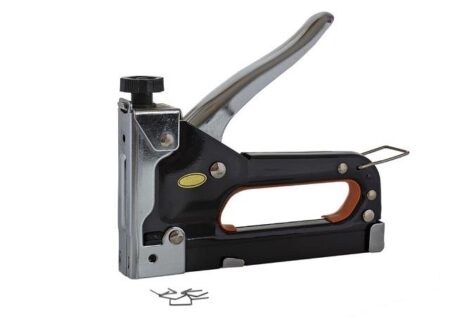European companies are preparing for potential disruptions amid growing concerns over China’s tightened controls on rare earth elements, despite recent assurances made during a high-profile EU-China summit. As Beijing escalates export restrictions on these critical materials, essential for a wide range of industries from electronics to automotive manufacturing, firms across the continent face the prospect of supply chain interruptions and operational shutdowns. This development underscores the mounting tensions between the EU and China over trade dependencies and strategic resources, raising alarm bells about the stability of global manufacturing networks.
EU Manufacturers Face Escalating Risks Amid China’s Tightened Rare Earth Export Controls
The recent intensification of China’s rare earth export regulations has placed significant pressure on European manufacturers, who heavily depend on these critical materials for a vast array of industries, including automotive, electronics, and renewable energy. Despite high-level assurances from the latest EU-China summit aimed at stabilizing supply chains, companies across the continent are grappling with rising costs and supply bottlenecks that threaten production continuity. Several manufacturers have already announced delays and temporary shutdowns, raising concerns about the broader impact on industrial competitiveness within the EU.
Key challenges faced by EU firms include:
- Rising raw material prices driven by restrictive export quotas.
- Unpredictable delivery schedules causing breakdowns in just-in-time manufacturing.
- Limited alternative suppliers, with few viable rare earth producers outside China.
| Sector | Impact Severity | Mitigation Measures |
|---|---|---|
| Automotive | High | Stockpiling & supplier diversification |
| Electronics | Moderate | Recycling rare earth components |
| Green Energy | High | Investing in research for alternatives |
Supply Chain Vulnerabilities Exposed as EU-China Relations Strain Despite Summit Assurances
Recent developments indicate that European companies are bracing for a wave of supply chain disruptions as China tightens its grip on rare earth element exports, critical components in high-tech manufacturing. Despite reassurances delivered during the latest EU-China summit aimed at stabilizing trade relations, Beijing has implemented new export controls that risk undermining the delicate balance of international supply networks. Industry leaders warn that these measures could trigger operational shutdowns and delays, particularly in sectors such as automotive, electronics, and renewable energy.
Key vulnerabilities exposed include:
- Heavy reliance on China for over 80% of rare earth supply
- Limited alternative sources outside Asia driving price volatility
- Potential cascading effects on production timelines across Europe
| Impact Area | Potential Outcome | Mitigation Effort |
|---|---|---|
| Automotive Manufacturing | Delayed EV production | Diversifying suppliers |
| Consumer Electronics | Component shortages | Stockpiling key materials |
| Renewable Energy | Wind turbine delays | Investment in recycling tech |
Strategic Diversification Urged for EU Firms to Mitigate Impact of Ongoing Rare Earth Restrictions
EU companies face mounting pressure as ongoing restrictions on rare earth elements from China threaten to disrupt key manufacturing sectors. Industry leaders emphasize the urgent need for strategic diversification to reduce dependency on a single supplier and mitigate potential shutdowns. Experts recommend exploring alternative sources, investing in recycling technologies, and fostering intra-EU supply chains as critical steps to enhance resilience.
Key recommendations for EU firms include:
- Developing partnerships with non-Chinese rare earth producers
- Boosting domestic mining and processing capabilities
- Prioritizing research in rare earth substitutes and recycling methods
- Engaging in collaborative EU-wide resource sharing initiatives
| Strategy | Potential Impact | Implementation Timeline |
|---|---|---|
| Alternate Sourcing | Medium-term supply security | 1-3 years |
| Domestic Processing | Long-term independence | 3-5 years |
| Recycling Technologies | Reduced raw material demand | 2-4 years |
To Wrap It Up
As tensions between the EU and China persist over rare earth export controls, European firms face mounting uncertainty and the risk of further operational disruptions. Despite recent summit assurances aimed at easing trade frictions, businesses remain wary as supply chain vulnerabilities continue to challenge their competitiveness. The evolving situation underscores the broader geopolitical complexities shaping global commerce and highlights the urgent need for diversified sourcing strategies within the EU’s industrial sector.




